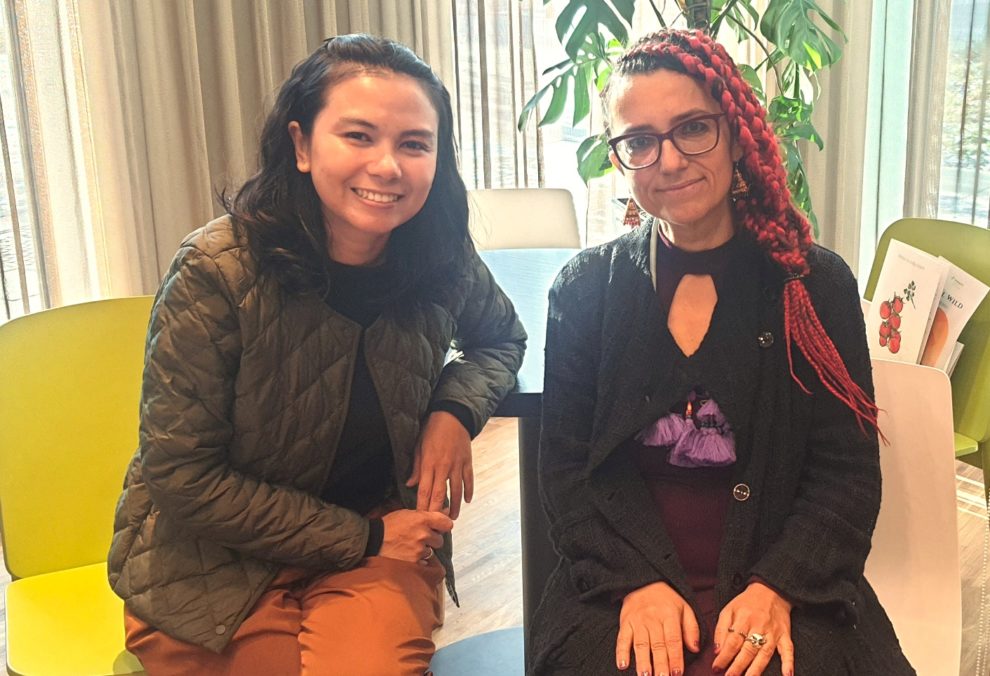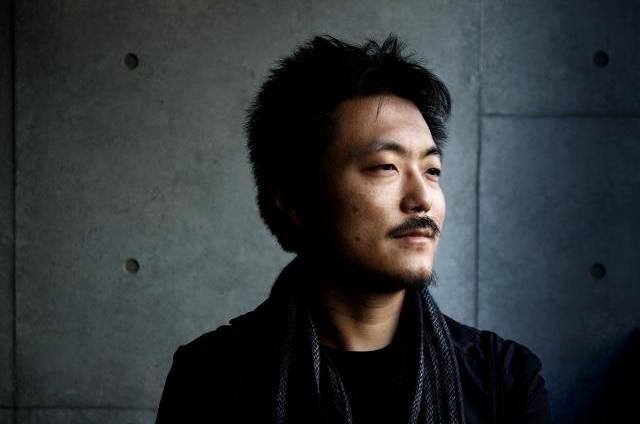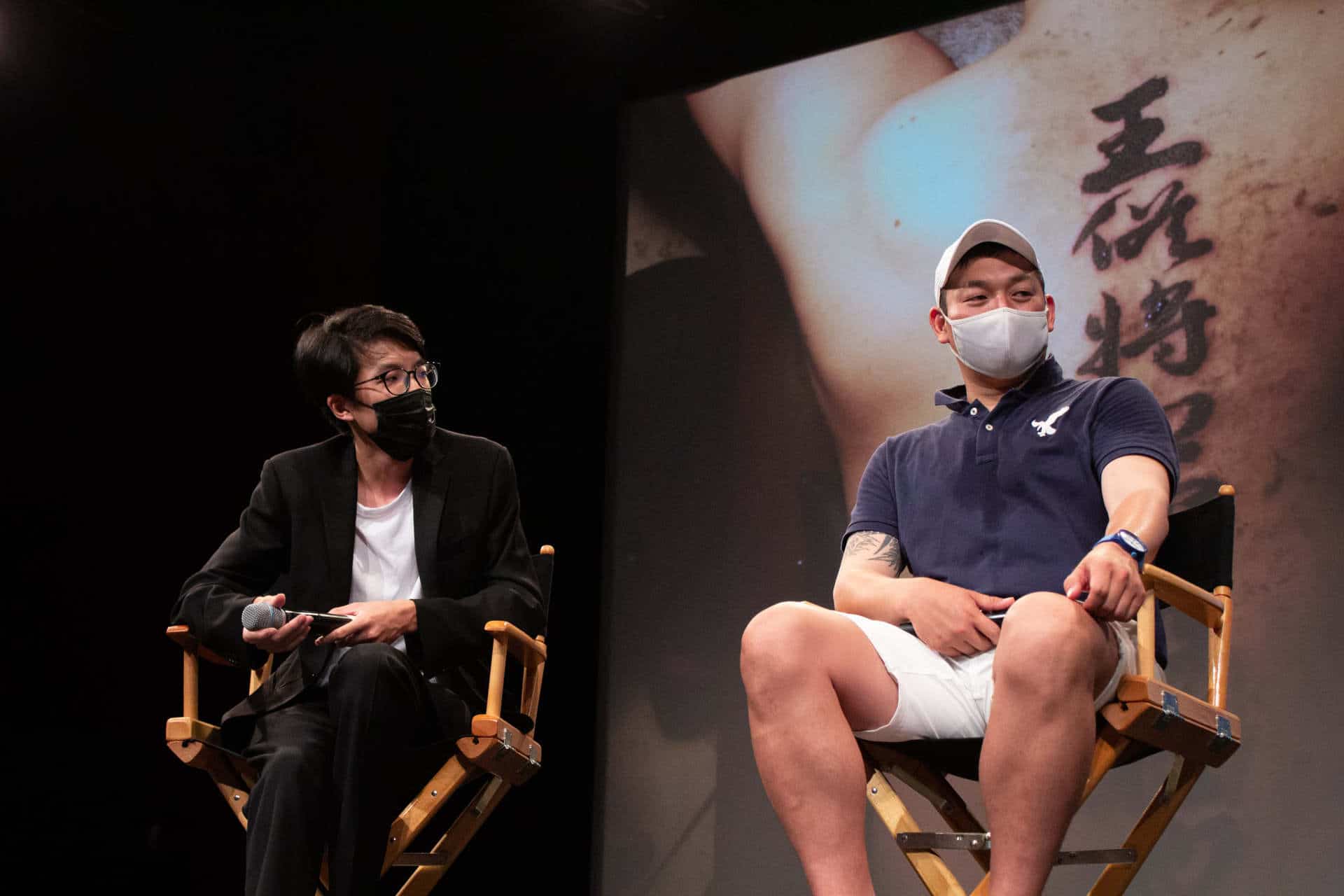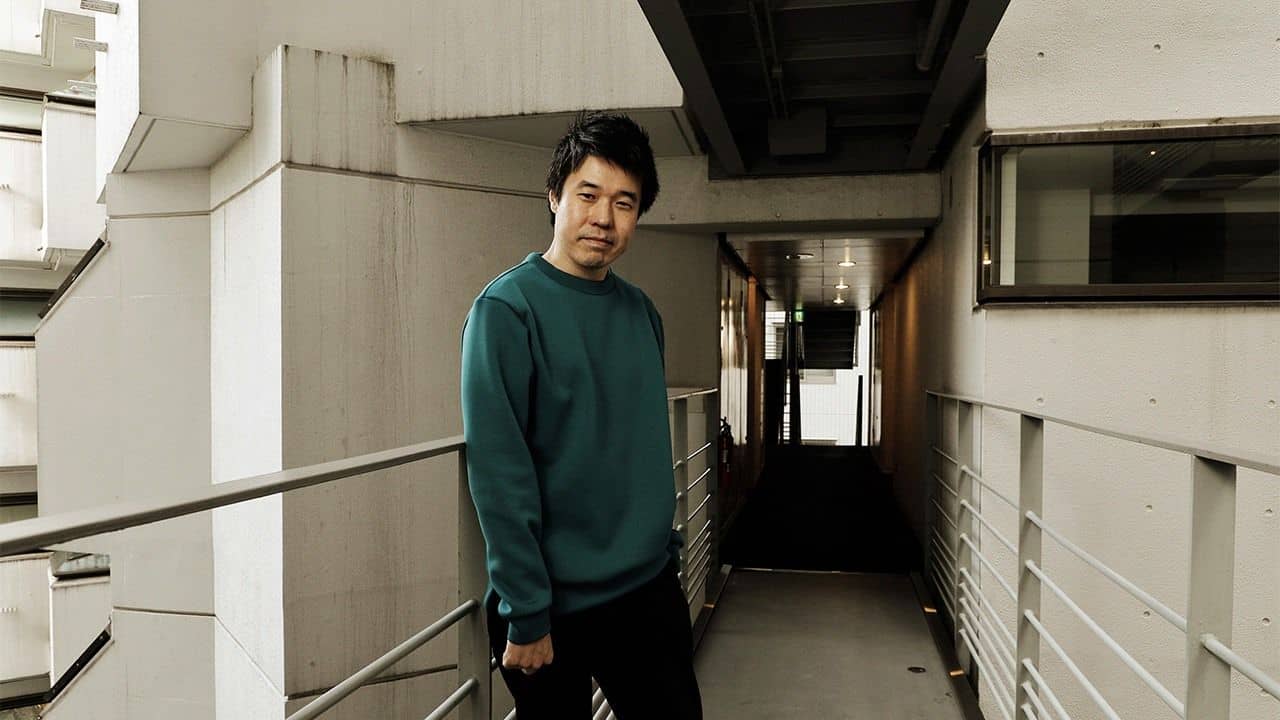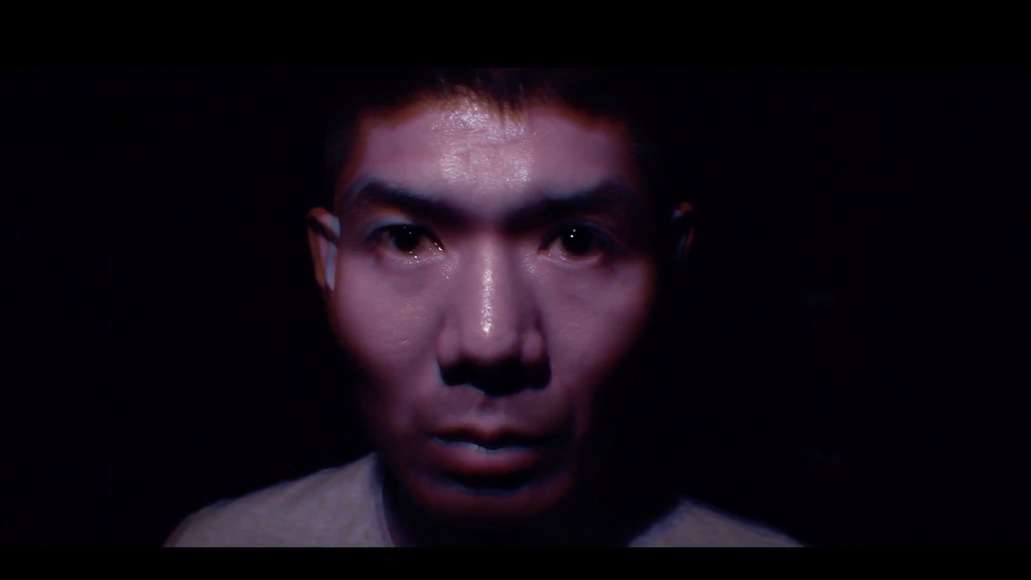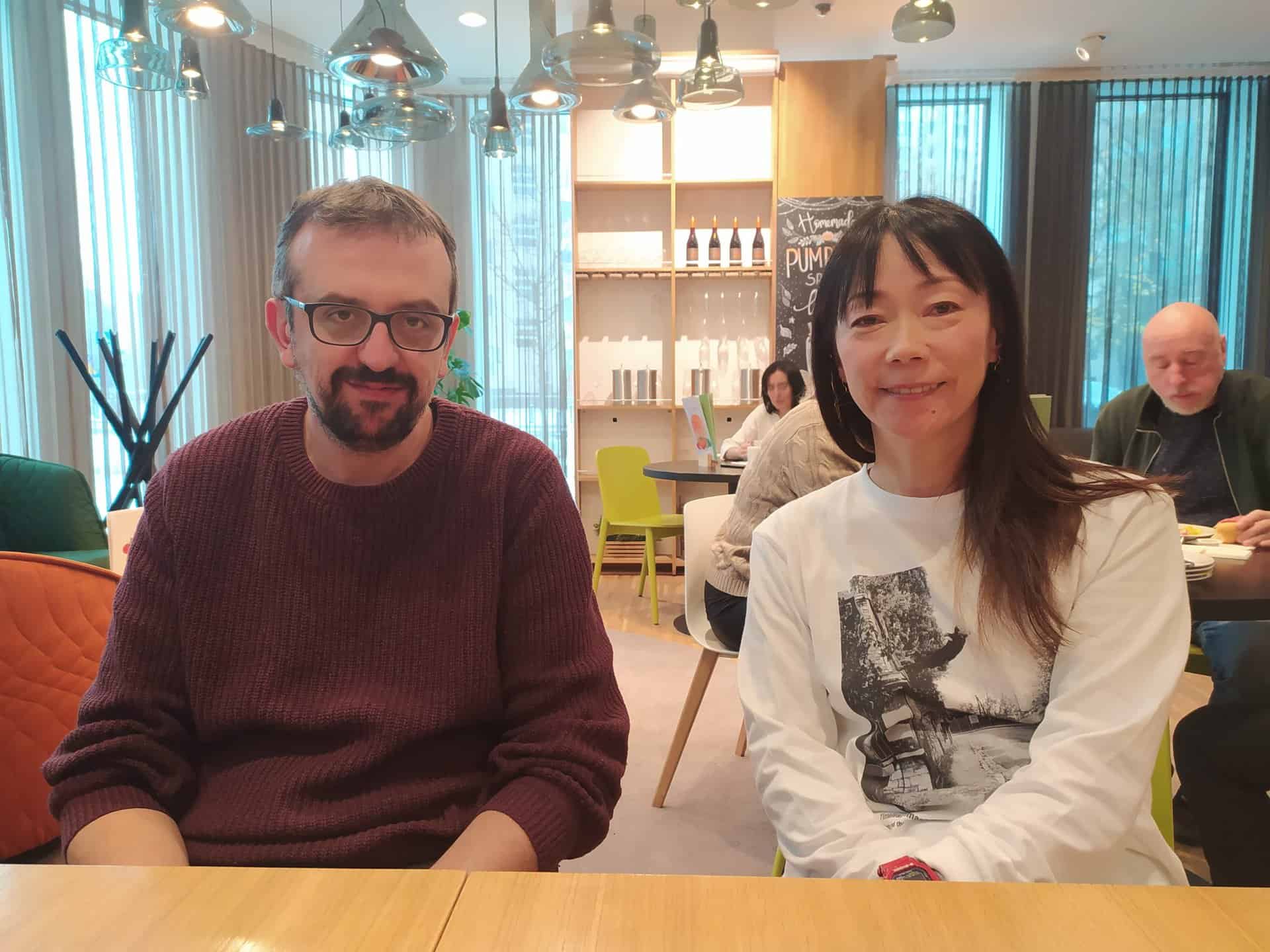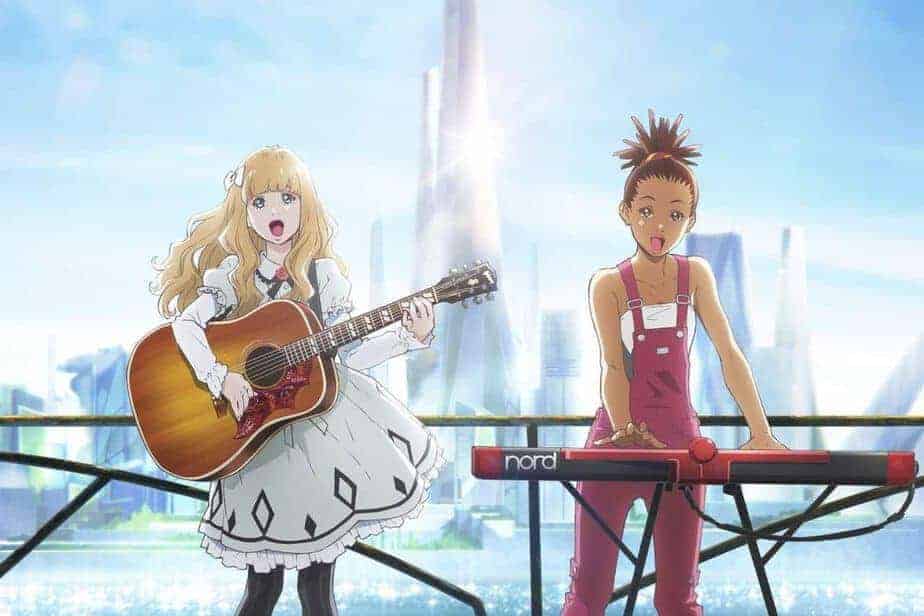Kamila Andini is an Indonesian director born in 1986. She comes from a filmmaker's family, but initially, she didn't plan a career in this field. At first, she focused on photography and completed a degree in sociology at Melbourne's Deakin University. Then she moved on to direct several music videos and documentaries. Her critically acclaimed debut feature “Mirror Never Lies” won several awards at various film festivals. Her latest movie, “Nana” (also titled “Before, Now & Then”), premiered at the 72nd Berlin International Film Festival.
On the occasion of “Yuni” (her 3rd feature) screening at Five Flavours Film Festivals, we talk about sisterhood, being emphatic with your characters, creating a safe space of set, and many other topics.
Yuni screened at Five Flavours
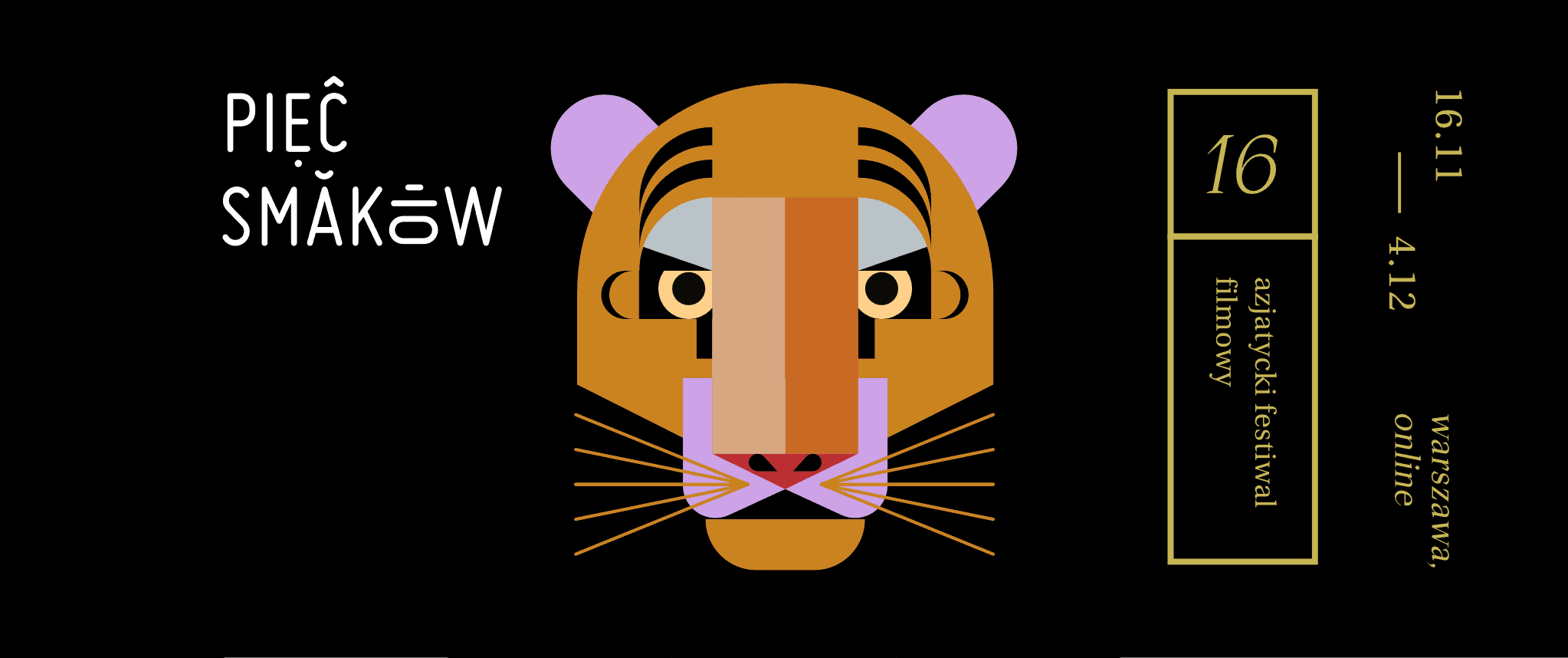
Although “Yuni” is focused on an individual, I want to ask about something collective. Because watching it, and also when I was watching “Nana” (“Before, now and then”), I was thinking a lot about sisterhood. Especially observing Yuni surrounded by her female friends or in “Nana” witnessing the bond between Nana and Ino. I am wondering how you understand sisterhood.
Living in a very conservative country like Indonesia, in such a patriarchal world, is challenging. And I noticed that sometimes the biggest pressure comes from a woman to a woman. We are shaped to follow the rules, to fit into this world of patriarchy. We hear a lot about how women should behave, live and look. It affects us all. It's so important to have “sisters”, this unconditional support passing from woman to woman and acceptance for our contrarieties and diversities. It is okay to be different, emotionally and physically, and to have different ways of living, doing things, and thinking. It is important to acknowledge it, and accept that we have our own ways. With that, we can stay strong and stand up to speak voices. It's crucial to have that safe space around you, a space of trust and understanding. And I think we should start from ourselves, this act of creating of a safe place for other women. We shouldn't wait for someone else. And we should be ready to support especially those who don't fit the rules of the world.
I know how much I owe to the support system I have around me, both from males and females. Lack of it could easily stop me from doing things. During my work as a director, I face different kinds of situations. For example, I had to go to a conflict area when I was pregnant. I cannot imagine how would I have felt if my mom told me something like “You don't care about your own baby, you put your work above it.” Lots of women face this kind of judgment, which restrains them. Fortunately, it hasn't happened to me. My mom has always supported me and keeps supporting me in whatever I do. Also, my in-laws are supportive. They understand that I know my body, I know what I am doing. They know I'm responsible and trust me. The support of my family and the safe space they provided allowed me to achieve more.
And how important was creating a safe space for your young actresses during filming “Yuni”?
I am learning a lot from one experience to another. I won't say that I have always had the perfect safe space I wanted, but I am growing in this area and keep working on it. In a way, I am still learning how to do things better and better with each movie. Since the beginning of my career, I have always been concerned about the percentage of the female and male crew. When you work with more women in the crew, it creates a very different atmosphere and environment, even creatively. With “Yuni” there were more men in the crew, even though I tried to balance it better. But also the crew was much bigger than during the filming of my previous works, which were micro-budget. We came up with a set of rules to build a safe space on location. We made sure that everyone involved in the movie understands what is happening and what and why we are doing. But the film environment is very masculine. And despite rules and regulations, some people don't understand that respect is also a matter of what you are saying. So they tell sexist jokes and things like that. It's bothering me. There were some people in the “Yuni” crew, who are not working with me any longer, whose behavior enraged me and affected me. When you make a sensitive film like that, with many sensitive scenes, you don't expect this kind of behavior, that someone will be talking in a bothering, disrespectful and disturbing way.
I've learned from the experience. I know I have to choose the crew carefully. So when I was making “Nana”, I told the producer I don't want to work with certain people, and we created a much safer environment, even though we didn't have an intimacy coordinator on set. So I was coordinating intimate scenes on my own. And I've learned again that I'm not very knowledgeable about handling intimate scenes. And it is difficult to make them comfortable for actors when I am not fully comfortable directing them.
The intimacy coordinators are relatively new to the industry, I guess. So this is a learning experience for everyone.
Now I am shooting a TV series and we have several intimate scenes. And intimacy coordinator is working with us. It makes my experience much better. As the director, I try to be super respectful, but I feel very nervous about what affects the scenes. So having someone who has experience and knowledge of handling it helps us all.
“Yuni” shows a lot of problems related to being a girl and woman in Indonesia. Have you discussed with your actresses their perception of womanhood and the challenges they face?
Girls from “Yuni” cast are on different levels of knowledge about feminism and woman empowerment issues. Everyone involved in a movie had to acknowledge it, and we as the crew had to provide them with support and acceptance. Of course, we talked a lot during the shooting. I know that I am who I am today because of my experiences and the possibilities I had, including the possibility to discuss problems openly. Not everyone is exposed to knowledge or has the privilege of learning and discussing things. It's impossible to turn very progressive overnight. And I wanted to mirror their different levels of experience in the film. Do you remember the scene when Yuni is chatting with her friends on the grass? They talk about masturbation and one of the girls asks if women can masturbate, isn't it a thing that only guys can do? We didn't write this line, it was hers, and she really didn't know. She is a very innocent girl, wearing a hijab, coming from a very conservative family. Her parents don't discuss female matters with her. So I wanted her to be where she was. And generally in this conversation, you can see where these girls are in their real lives.
Speaking about the dialogues, I was wondering about something, which would be lost in translation for me. Does the language of dialogues reflect the way young girls speak?
Dialogues in the movie are in the local language and actually, I don't speak it, and five of the girls didn't speak it as well. So they had to learn it. But two of them are from places with similar languages and most of them are from local areas, so they are familiar with the accent. We had a language mentor. I always wanted girls to be comfortable with dialogues, even when their lines weren't like the things they say every day. It was very important for me to create an atmosphere, in which they will be relaxed and comfortable with their lines, they will trust us and each other, they will be feeling good in each other's company, and everyone will be focused and attentive. I think that's my approach.

You mentioned that one of those girls is from a very conservative family and that girls are not professional actresses. Because the movie deals with such sensitive subjects and has scenes that may not be perceived well in a conservative society, I am curious did you have meetings with families to explain what kind of subjects you will be dealing with and how?
This is also one of the things that I, alongside the producers, had to make sure of: that everyone involved knows their roles, know how you're going to shape them and what is your goal. I'm honest and I'm not hiding anything. Of course, actors have the right to say no. For Arawinda [who plays Yuni – ed.], I talked to her mum and asked for permission. Even if I don't talk to their parents personally, I make sure parents are okay with the experience, and I encourage girls to talk to their parents, to explain to them why they want to be involved in this movie and how they benefit from taking part in this kind of a project.
Could you tell us about the meaning of purple, as this color has a special meaning for Yuni?
There are several issues connected with it. Making “Yuni”, I was recalling my times growing up. Back then, when I was in high school, a lot of girls liked certain colors and used them to express their identity. They were collecting things of that color, preferring to dress in it. It could be red, green, or all kinds of vibrant colors. I did that as well. So I wanted to choose a certain color that I can connect with my protagonist. But why purple? I have a friend, who was like Yuni. So partly I “stole” her character. [laughter] The principal kept calling her to the office because she was stealing purple things. She thought that everything that is purple, is hers. If I wore purple clothes, she would hate me. She wouldn't come near me at all. Even after she got married, her love for purple lasted. Her house is decorated in purple. I find her fondness for the color very fascinating. I haven't met another female with such a strong sense of ownership of something. We, women, often don't have a sense of ownership even of ourselves. We feel we belong to someone else, be it a family, a spouse, or our kids. So it is so amazing to have something that is so yours, it represents your energy, and you feel protected by it.
Coming back to purple, it's a widow's color in Indonesia. But “widow” is not an accurate translation. A widow in English is a woman, whose husband is dead. In Indonesia, we use the word janda. Janda is a woman who was married but isn't any longer for whatever reason (death of a spouse or a divorce). And purple is widely seen as janda's color. Yuni is furious when friends tell her purple is the color of janda. It is not a neutral world, it bears many negative connotations. It's abusive. Janda means a stigma, a lesser status in society. Some conservative people consider jandas as females without morality. Because there is this issue of pre-marital virginity… A woman who was married is not a virgin anymore. One of the things that I wanted to show in the movie was also that virginity and marriage are two different things.
Often when I watch movies about patriarchal oppression shot by male directors, even if they have empowered protagonists, they portray women as victims. But what I loved in your movies, both in “Nana” and “Yuni”, is that you switch that balance. You tell about oppression, but from the position of strength. E.g. from the perspective of Yuni, the charismatic individual raising her voice. And also in “Nana” you give voice not to the perpetrators, but survivors. Do you think it is important to change this narrative, to talk about survivors, not victims?
That's a very hard question. I don't know how to perceive women from a male perspective. I don't know what they usually see. And I don't know how to show women as victimized as well. Since my first movie, I have had female leads. Maybe if I had male leads I would victimize them [laughter]. What I portray in my movies is my gaze, my perception of the world and things. My movies are always personal. They are based on stories, my own or the ones I heard. So having a woman lead allows me to connect with my protagonist. I am finding bits of myself in my characters, I bond with them to understand them better.
Watching your films, and the way you portray your characters, reminded me of the concept of the tender narrator by Polish Nobel Prize Winner in Literature, Olga Tokarczuk. In her Nobel acceptance speech, she was talking about this kind of narrator who is knowledgeable about everything and about interconnections between the characters and nature, who is understanding and emphatic. Do you think it is important to be emphatic with your characters?
This is something I didn't know about, this “tender narrator”. Some people also tell that I have a lot of empathy in my movies. For me in every story the most important thing is humanity. I want to see each of my characters as a human being. If you watch my films, you'll notice that I don't have villains or antagonists. I put my characters in challenging situations, I confront them with strict rules of society, and some social conflicts, but everybody is a protagonist. I believe that everyone has good and bad sides. That is what I always try to do, to show my characters in a broader social context, with their conflicts, relations with others, dreams, and aspirations. I try to get insight into what made them who they are, and what kind of situations. I try to portray them as human as possible. It's something very intuitive.
Yes, I don't think it is possible to plan: “Ok, I‘ll be emphatic on this project.”
Yes. It is coming naturally. I think it is also the reason why I started writing my own scripts. Stories built conventionally have a specific structure, there are protagonists and antagonists, and a conflict between them, some big stakes involved. I don't want to follow this kind of narrative. I want to tell my stories in my way. I know that conflicts in my movies don't seem big, there are no thrilling plot twists. I tell softly.
I enjoyed that in “Yuni” and “Nana” they keep the events low, but emotionally they are very tense.
I noticed that while some filmmakers tend to talk about the part of the society they know well, e.g. young generation, or middle class, or the population of a big city, you seem to paint as diverse a portrayal of Indonesian society as possible. In “Yuni” it is the Muslim community in a rural area, in “Nana” an old colonial world with political and historical turbulences, in “Mirror Never Lies” Sama people. Do you intend to be a chronicler of Indonesia?
It wasn't my intention from the beginning, but now I see that I do it. Indonesia is a very diverse country. There are so many cultures and I love those differences. My father comes from Yogyakarta and my mother is Sundanese (like the character from “Nana”). I was born and grew up in Jakarta. So I have these specific roots, but when you live and grow up in a city like Jakarta, you are so exposed to a specific culture. One of the reasons I started to make movies was that I wanted to find out who I am, as a person and Indonesian as well. So every time I write a story, I try to find a little bit of me in it. When I am researching for my movies, I see myself through those stories. Like I told you I did in “Yuni”. I can say I put a bit of my soul into my movies.
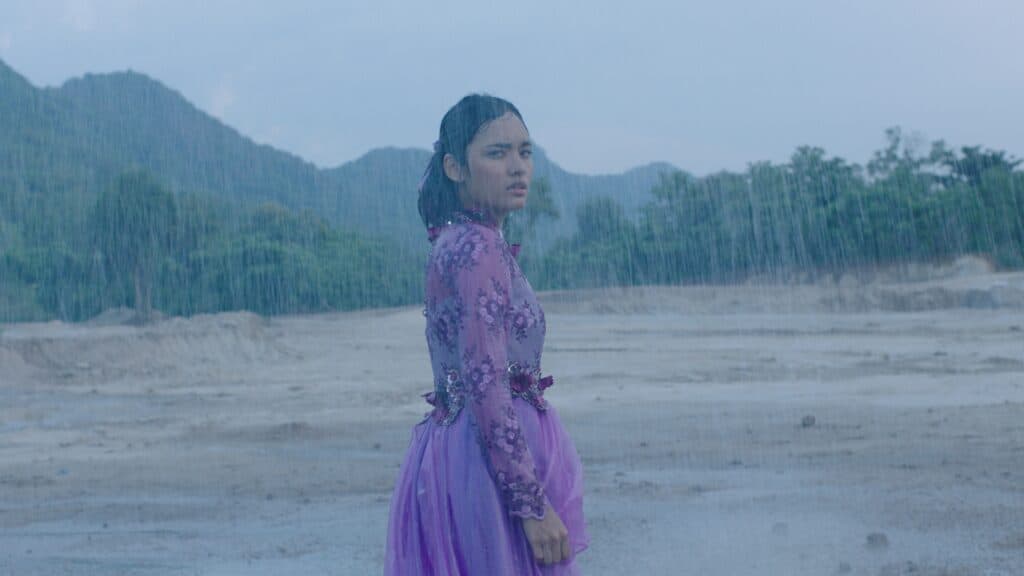
I wanted to ask about LGBTQ+ threads in your movies. There is a teacher in “Yuni”, there is a strong suggestion that this person is LGBTQ+. Also, the bond between Nana and Ino goes beyond female friendship, there's an element of mutual fascination in it. What is the situation of the LGBTQ+ community in Indonesia and is it easy to include this kind of thread in a movie?
LGBTQ+-related issues are also a learning area for me. I am a straight woman, and it is not easy for me to understand the situation and challenges LGBTQ+ people face. Having a certain background, I had many possibilities to learn about it and discuss it. But I have to be very careful and emphatic in the way I portray LGBTQ+ characters. It is a very sensitive area, trying to avoid stereotypes or showing something insulting or harmful (even unintentionally). It is not easy to be an LGBTQ+ person in Indonesia, they experience a lot of hardships. I wish it weren't happening. It is a big thing to come out in Indonesia. In my movies, I want to explore where we are as a society. But not the progressive people of big cities like Jakarta, where the experiences of LGBTQ+ people will be different. I am thinking about some small conservative communities, where the knowledge doesn't spread. And even if someone is LGBTQ+, they may not realize what is their identity, who they are, and how to “classify” themselves. They may not be aware of things outside the social and cultural norm, or simply that they are not alone. “Nana” happens in the 60s, and the lack of knowledge in the society of that time is even more obvious. Portraying the teacher, I wanted to show people who may not be fully self-aware. People have to hide or reject a part of themselves, which is very tragic. When this character in “Yuni” proposes, it is like he was offering solutions not only for Yuni's problems but also for his. Of course, I am projecting and some people may disagree with this portrayal. But as I said, I want to ask questions about where we are as a whole society, not to show the views of the most educated and liberated people. A sense of openness is so crucial. The way I include LGBTQ+ threads in my movies is by taking just little steps, but I think each is very important. It's not impossible to change things overnight.
We talked about many serious issues, so to wrap up with something cheerful. In “Nana” I noticed many visual references to Wong Kar Wai, especially to “In the Mood For Love.” Do you like Wong Kar Wai?
Of course I like him! We included several tributes and references to various creators in our movie and Wong Kar Wai was one of them, coming from my DOP. He thought it fits the story, so I just told him to go for it. But we also referred to e.g. “A portrayal of a Lady on Fire.” There are so many masters in Asian cinema and they gave me loads of inspiration. I am making films because of them, I am who I am as a director owing to their work. Kim Ki Duk, Ozu, Wong Kar Wai, Tsai Ming-liang, Lee Chang-dong, and Iranians, like Panahi…. I didn't know I want to be a filmmaker from the start. In Indonesia, a big space for independent cinema is nonexistent. I had access to world cinema mainly through pirated DVDs. I got exposed to independent cinema during my studies in Australia, also to Indonesian auteur cinema and other South-East Asian filmmakers. Watching their films, I suddenly understood that cinema makes sense. It's important for me when I can see myself in a movie (even if it is a movie from a different country), when I see my society, problems I can relate to… Hollywood movies are like a dream, something unrealistic and distant, detached from reality. In Indonesia, we are not very confrontational people. We don't put the conflict on a dining table and don't talk about it. We hide our feelings. People of the East have a different way of talking about conflict. So when I watch Tsai Ming-liang movies, which are very quiet, and introverted, showing loneliness, and disconnection from society, I am fascinated that you can narrate like that. I am influenced by the way all these makers tell stories. Not in dialogues or dynamic scenes of confrontation, but by very subtle means of expression.


